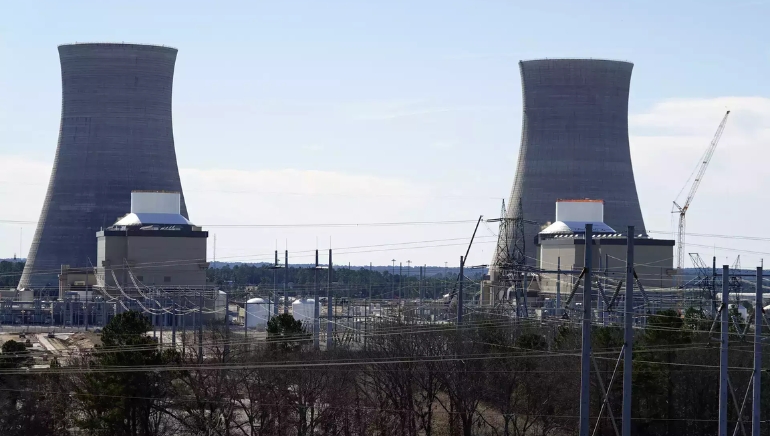Japan has announced the lifting of the operational ban on the world’s biggest nuclear plant. The decision marks a pivotal moment in the nation’s energy policy, signaling a shift toward embracing nuclear power as a key component of its energy mix.
The plant in question, the Kashiwazaki-Kariwa nuclear power station, is renowned for its massive scale and advanced technology. With seven reactors, it has the capacity to generate an enormous amount of electricity, making it a crucial asset for Japan’s energy infrastructure. The lifting of the ban comes after rigorous safety assessments and stringent measures to address concerns arising from the Fukushima nuclear disaster in 2011.
The Fukushima incident had prompted Japan to reevaluate its reliance on nuclear power, leading to the temporary closure of all nuclear facilities and a comprehensive review of safety standards. The decision to lift the operational ban on the Kashiwazaki-Kariwa plant is indicative of the nation’s confidence in the robustness of its safety protocols and the importance of nuclear energy in achieving sustainable and reliable power generation.
As Japan strives to meet its ambitious climate goals and reduce its dependence on fossil fuels, the reopening of the Kashiwazaki-Kariwa plant assumes critical significance. Nuclear power, with its lower carbon emissions compared to traditional fossil fuels, is positioned as a key player in the global effort to combat climate change.
The decision also holds implications beyond Japan’s borders, as it contributes to the global discourse on the role of nuclear energy in the transition to cleaner and more sustainable energy sources. It prompts a reevaluation of the perception of nuclear power, emphasizing the potential benefits it can bring to the table in the quest for a greener future.
While acknowledging the importance of safety and public concerns, Japan’s move to reopen the Kashiwazaki-Kariwa plant underscores the nation’s commitment to a diversified and resilient energy portfolio. As the world grapples with the challenges of meeting growing energy demands while mitigating climate change, Japan’s decision serves as a noteworthy example of balancing innovation, safety, and sustainability in the pursuit of a cleaner and more secure energy future.















